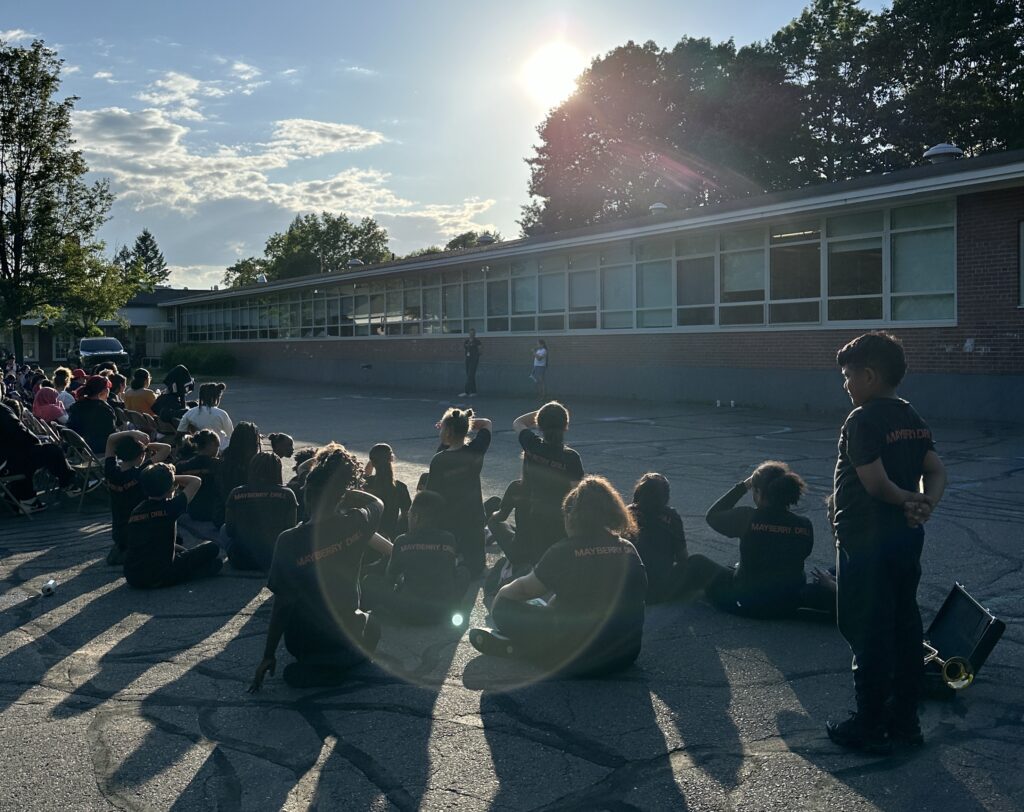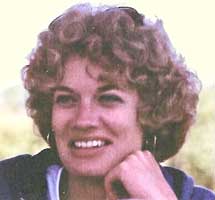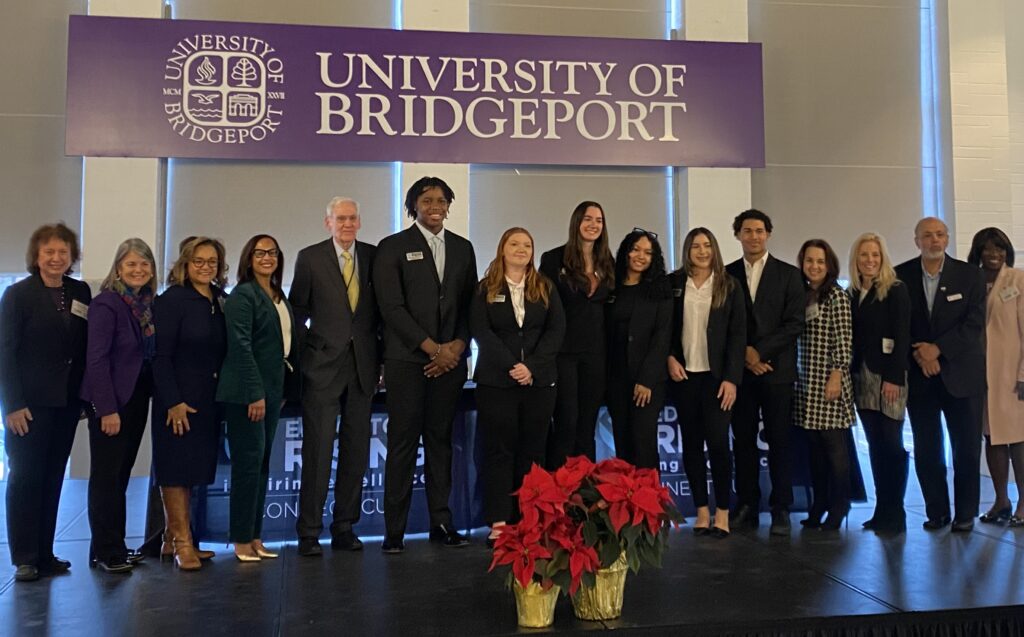Students at Mayberry School in East Hartford comprise many ethnicities, hail from many countries, and speak many languages. In fact, one-third of the students are English-learners who speak 15 other languages.
This rich diversity was celebrated last week at the school’s annual Multicultural Night.
“The purpose of the event is to invite families into our school to celebrate the community and its diversity,” said Ivy Horan, first-grade teacher and co-leader of the school’s Equity Team, which hosted the event.
The Alma Exley Scholarship Program honored Ms. Horan in 2019, when she was a student in the Neag School of Education at UConn.

Celebrating Diverse Cultures
Families were invited to wear clothing from their cultures, and they brought food representing their families. After dinner, students performed in a talent show, which included instrumental music, songs in Spanish, and the reading of a poem in Spanish.
Then everyone was treated to a performance by the Drill Team, composed of 25 fourth- and fifth- graders. “The Drill Team practices all year, while also meeting to discuss the importance of community, diversity, and equity,” said Ms. Horan, who helps lead the group.
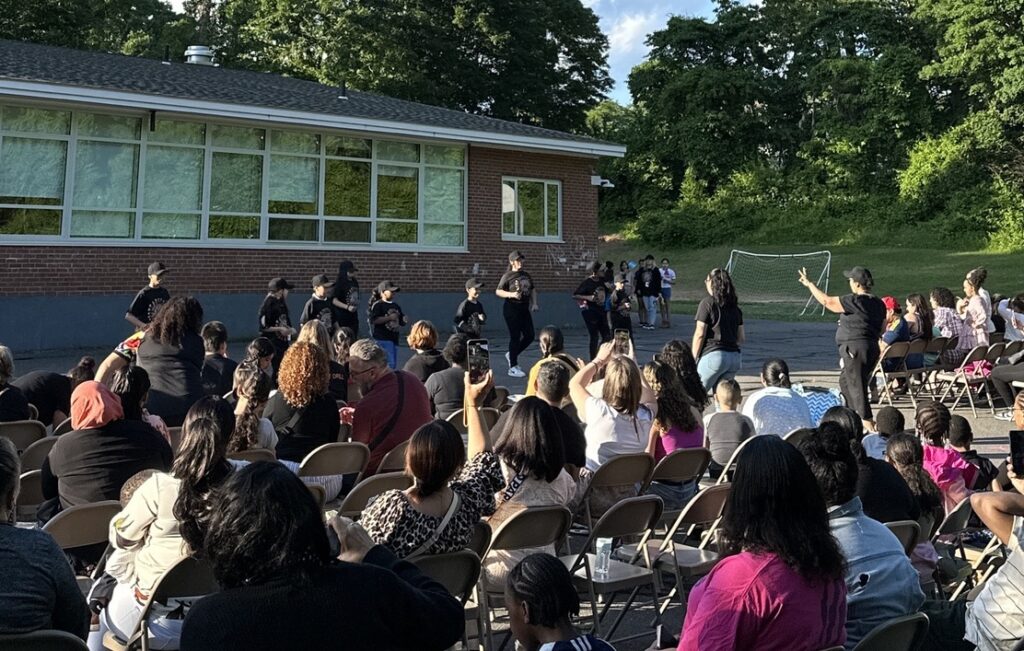
‘Community’ Mural
Another highlight was an interactive mural, in which students spelled out the word “community,” which was the focus of the Drill Team.
Prior to the event, school staff members had created visual displays depicting the diversity of their own families and the community. Then, during the event, students and their families were invited to create similar displays. Also, the Family Resource Center hosted a table to share information about their services.The evening ended with a dance party.
Strengthening Bonds Within the School Community
“Multicultural Night is intended to help our students and their families to feel more connected to our school community,” Ms. Horan said. “Everyone has so much fun at the event, and since it’s towards the end of the school year, it is a great way to wrap up the year together.
“Our Equity Team’s main goal is to help ensure that equity is part of everything we do, and this event is a great showcase of that.”
Well over 200 people attended the event, including students, their families, school staff, and volunteers from the University of Saint Joseph, Mayberry’s educational partner.
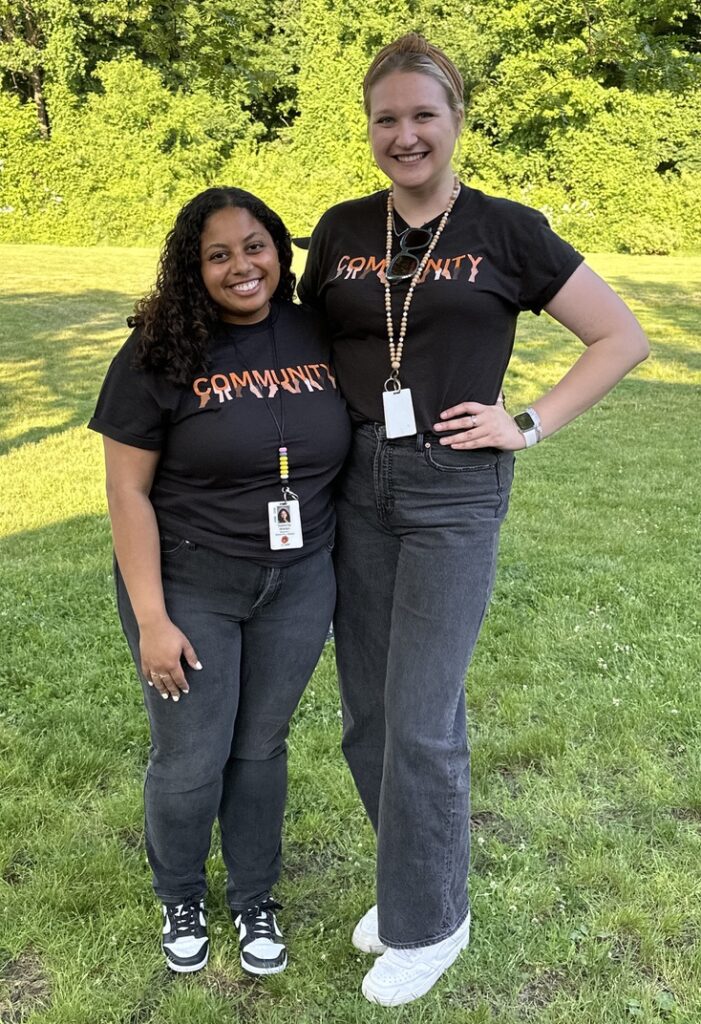
Building Confidence
“I want to thank our Drill Team teachers for believing in me and helping me perform today,” a fourth-grader said. “I never thought I could do something like this, but they told me I could.”
A fifth-grader said, “I can’t wait to do the Drill Team again next year. This was the best experience. Thank you for helping me. Tonight was so much fun. I wish every single day at school could be just like today!”
